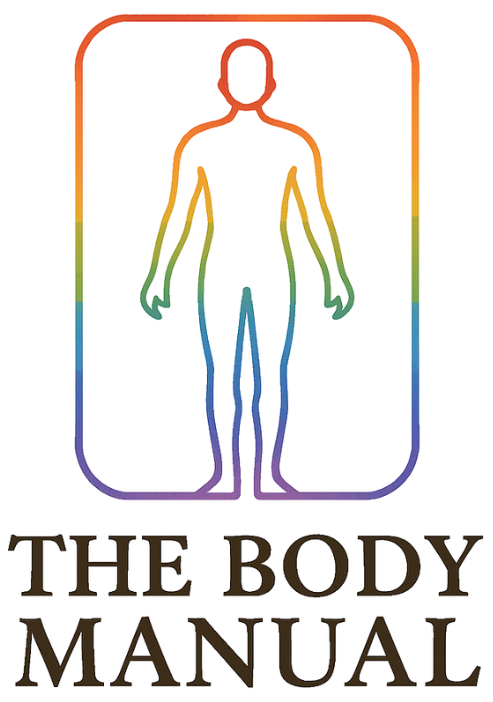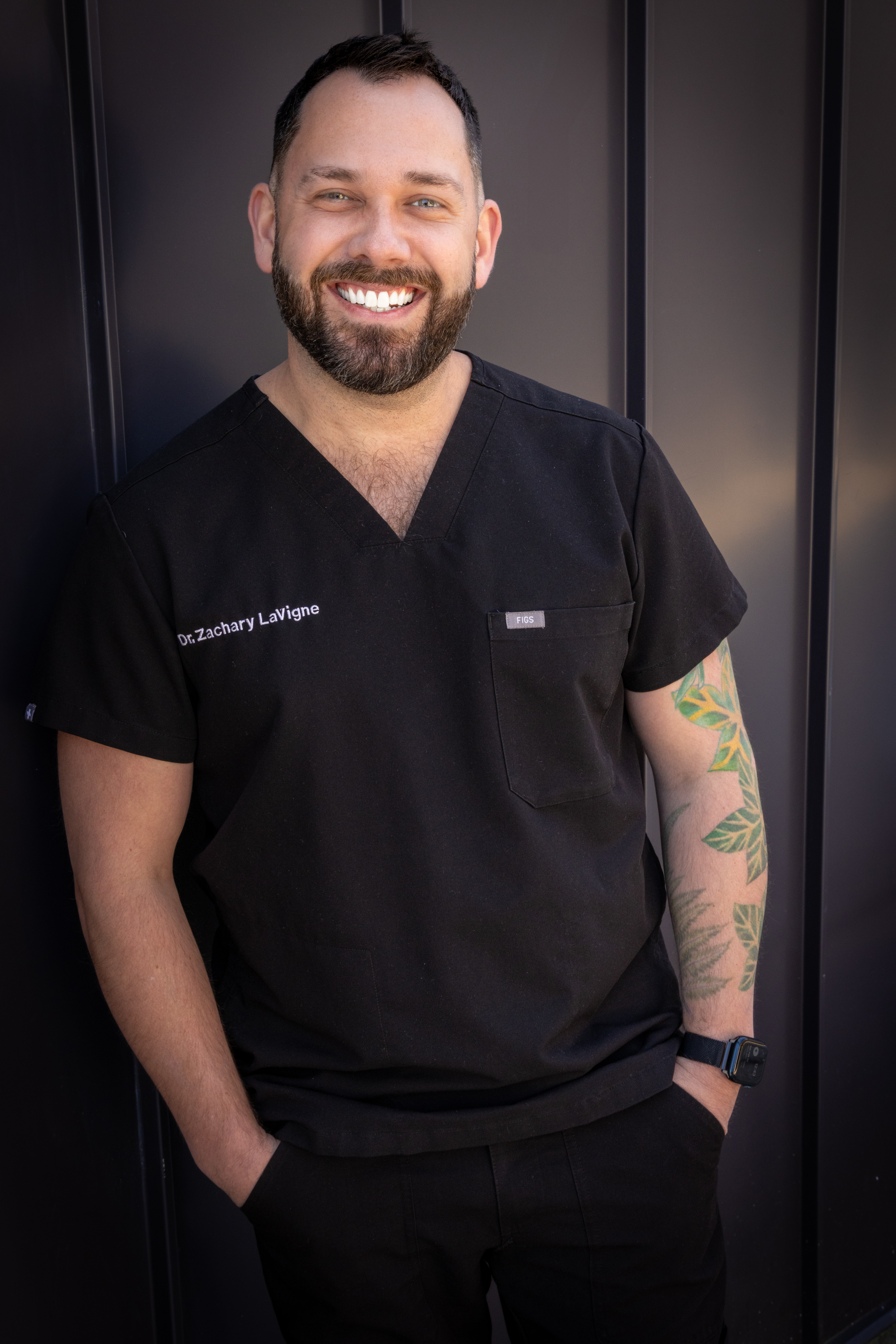By Dr. Zachary LaVigne, B.S., D.C.

Walk into any pet store and find a large tank full of tropical fish. Now, imagine that almost every fish inside it looks sick. They’re sluggish, maybe gasping near the surface, maybe even floating sideways. You wouldn’t assume each fish had a personal defect. You’d look at the tank itself. Maybe the filter isn’t working. Maybe the pH is off. Maybe someone forgot to clean it last week.
This is exactly how we should be thinking about human health.
In the last hundred years, we’ve been taught to see genes as all-powerful. We’ve been told they are the blueprints for our lives, dictating everything from the shape of our nose to whether we’ll get cancer. But newer research, especially in the field of epigenetics, paints a more complex picture. Yes, genes matter. But they are only part of the story. The environment surrounding those genes decides which ones get used.
A gene is like a book sitting on a shelf in a vast library. Just because the book is there doesn’t mean it will ever be pulled down and read. Something or someone needs to decide to open it. In your body, that “something” is often your environment. What you eat, how you sleep, the stress you carry, the people you surround yourself with, and even how much time you spend outdoors all affect which genes are switched on and which ones are left untouched.

This is where things get interesting. Your DNA doesn’t change from one day to the next, but the way your body reads and responds to that DNA does. That is the essence of epigenetics. It’s the study of how lifestyle and environment influence gene expression. Some genes promote healing, strength, and balance. Others contribute to inflammation, fatigue, or disease. Your daily choices have the power to push the dial in one direction or the other.
Let’s go back to the fish tank. If the water is dirty, filled with the wrong nutrients, or chemically out of balance, even the healthiest fish will get sick. You could try to treat them individually, dosing one fish at a time, but nothing will improve until the water is changed. It’s the same with humans. You can try all the pills, diets, or quick fixes you want, but if you don’t address the environment your body lives in, your symptoms are likely to keep returning.
This doesn’t mean your genes are irrelevant. It means they are responsive. They are listening to the world around you and adapting accordingly. Suppose your world is full of noise, artificial light, processed food, disconnection, and chronic stress. In that case, your genes will express themselves differently than if your world includes real food, meaningful connections, daily movement, sunlight, and restorative sleep.
Even more fascinating is that these changes don’t stop with you. Some epigenetic changes can be passed down through generations. The way your grandparents lived can affect how your genes behave. And in turn, the way you live may influence your future children and grandchildren. This doesn’t mean we need to live in fear. It means we get to participate in the story of our health more actively than we’ve been taught.

If you’re feeling stuck, inflamed, exhausted, or like something is off, pause and take a look at your tank. What are you surrounding yourself with? What kind of messages is your body receiving every day? Instead of blaming your genes, check your environment.
Clean the tank, and the fish get better. You will too.
